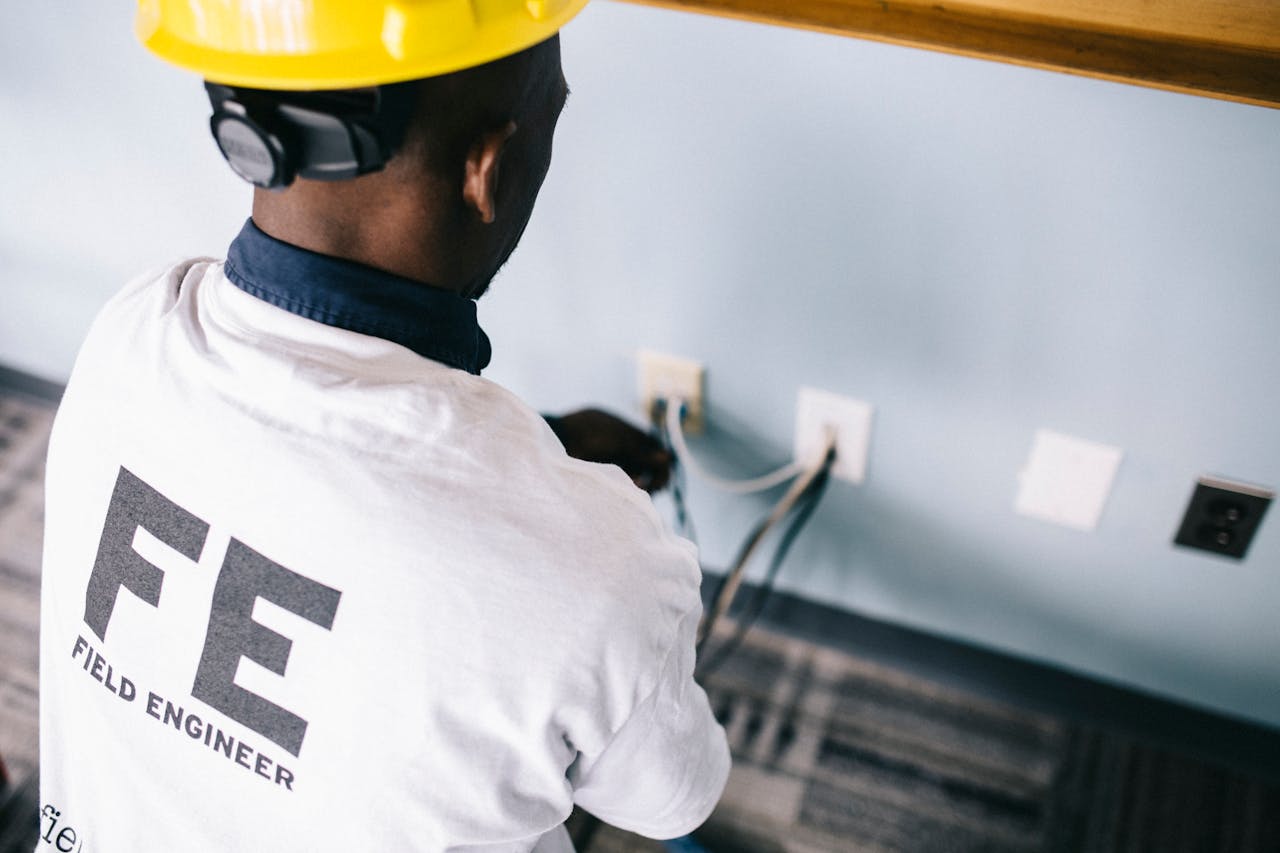DIY electrical repairs can be safe and effective if approached with the right tools, techniques, and precautions. While tackling repairs yourself can save money, ensuring safety and functionality should always be the priority. Here are professional tips to guide you in handling electrical repairs at home.
Always Turn Off the Power
Before beginning any electrical repair, turn off the power at the breaker box. Even if you’re working on a small task like replacing an outlet, this step is essential for avoiding electrical shocks. Use a voltage tester to confirm that the power is completely off before starting your work.
Invest in Quality Tools
Having the right tools can make all the difference in your repair projects. Essential tools include a voltage tester, insulated screwdrivers, wire strippers, and pliers. For more advanced tasks, a multimeter can help diagnose electrical issues accurately. Always use tools designed specifically for electrical work to ensure safety and precision.
Understand Electrical Codes and Standards
Familiarize yourself with local electrical codes to ensure your repairs meet safety standards. Improper wiring or installations can lead to hazards or code violations. Consult reliable resources or seek advice from professionals if you’re unsure about specific requirements.
Practice Proper Wiring Techniques
Learning basic wiring skills is essential for successful electrical repairs. Understand the color coding of wires—black or red for hot, white for neutral, and green or bare for ground. When connecting wires, ensure they are tightly secured with wire nuts and neatly arranged to avoid accidental contact or short circuits.
Test Your Work Thoroughly
Once a repair is complete, carefully test the component to ensure it’s functioning correctly. Turn the power back on and observe for any signs of issues, such as flickering lights or tripped breakers. Use a voltage tester or multimeter to verify that electrical connections are secure and properly powered.
Know Your Limits
While many electrical repairs are DIY-friendly, some require the expertise of a licensed electrician. Major tasks like upgrading a breaker panel, rewiring circuits, or addressing persistent electrical failures should be left to professionals. Recognizing when to call for help ensures safety and prevents costly mistakes.



